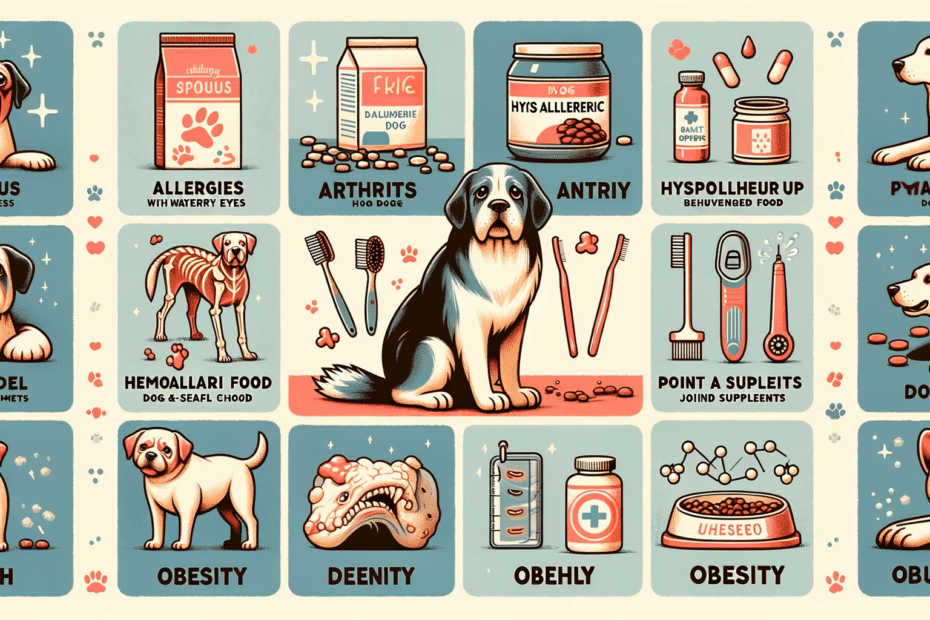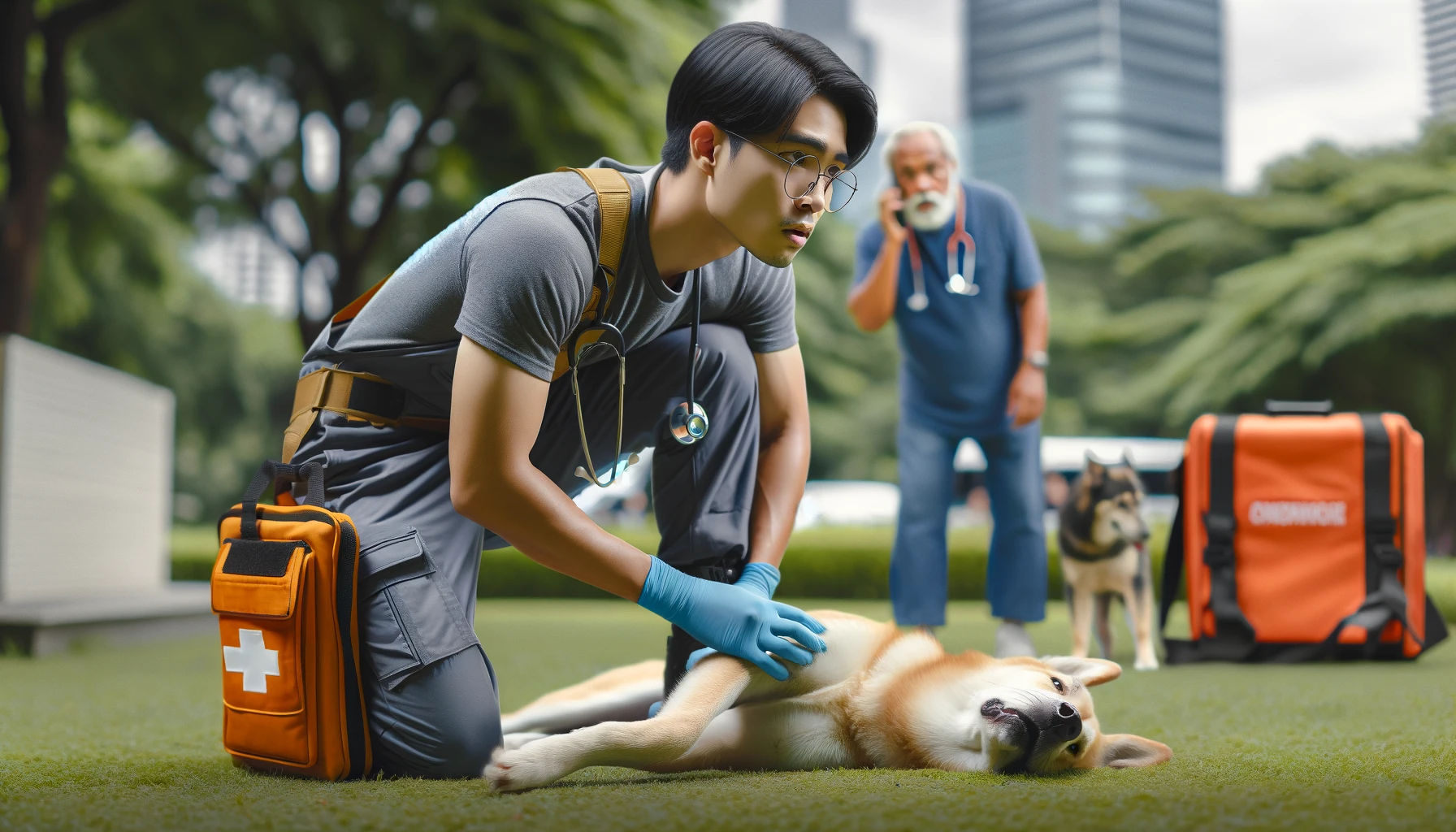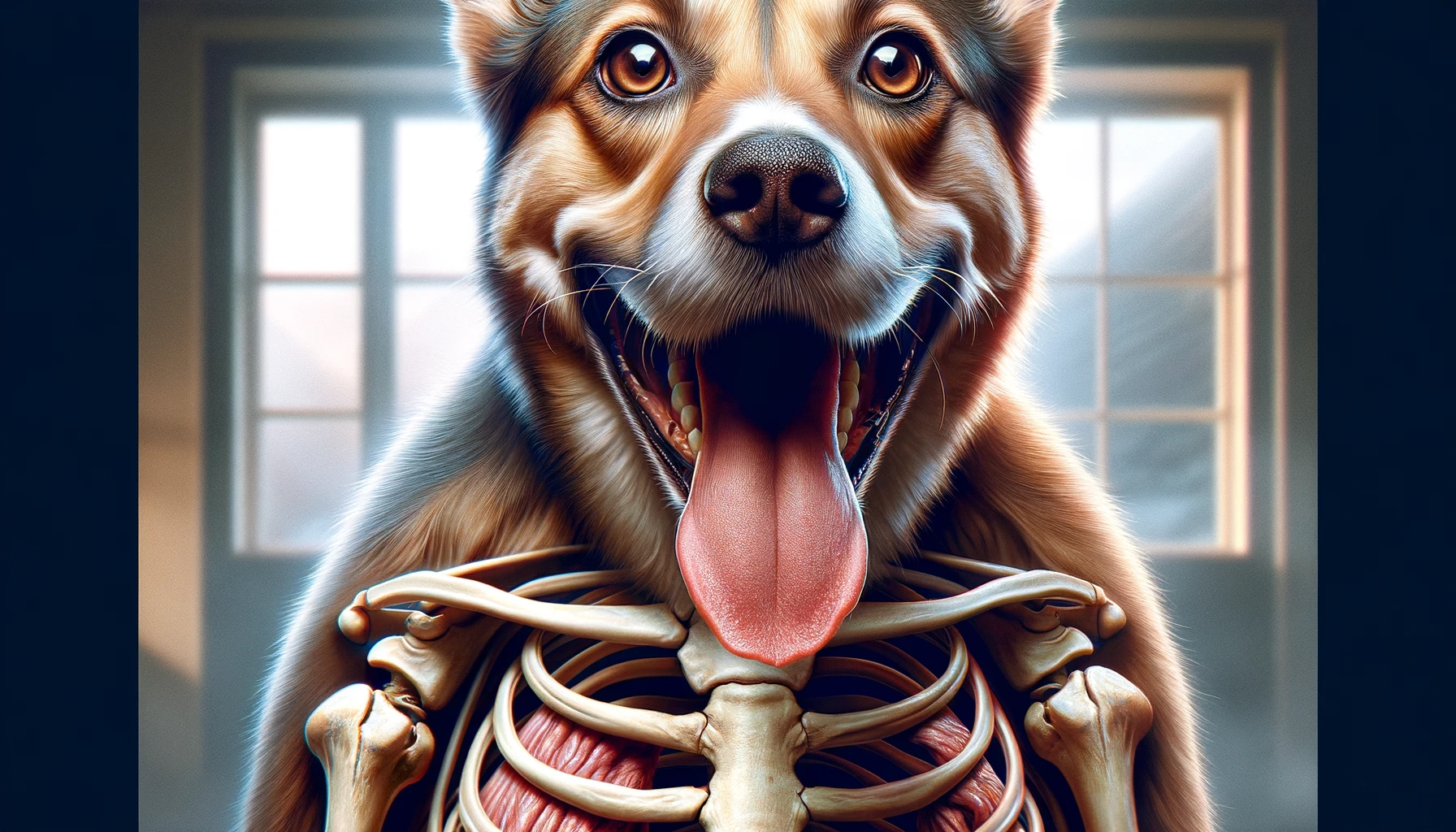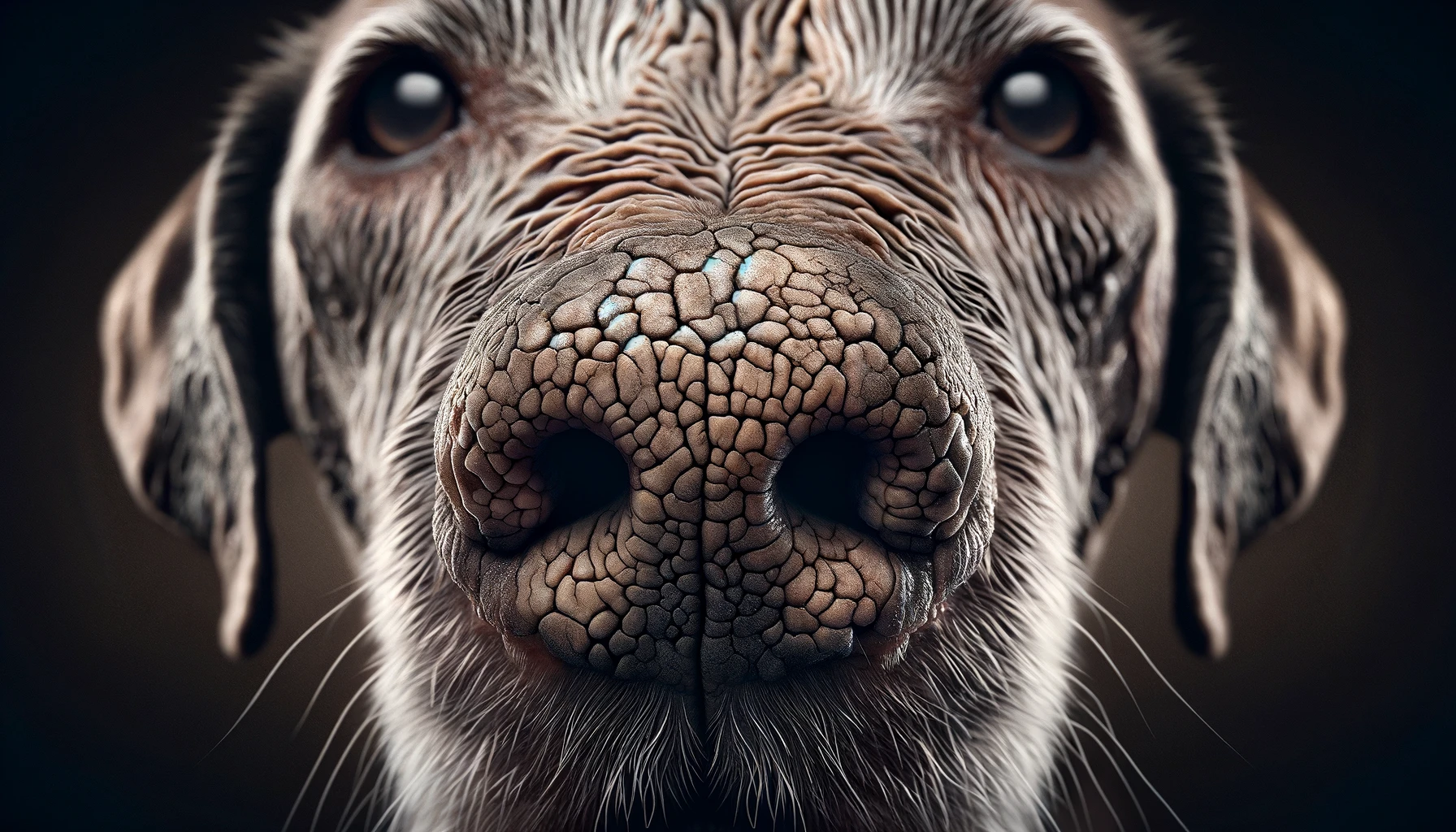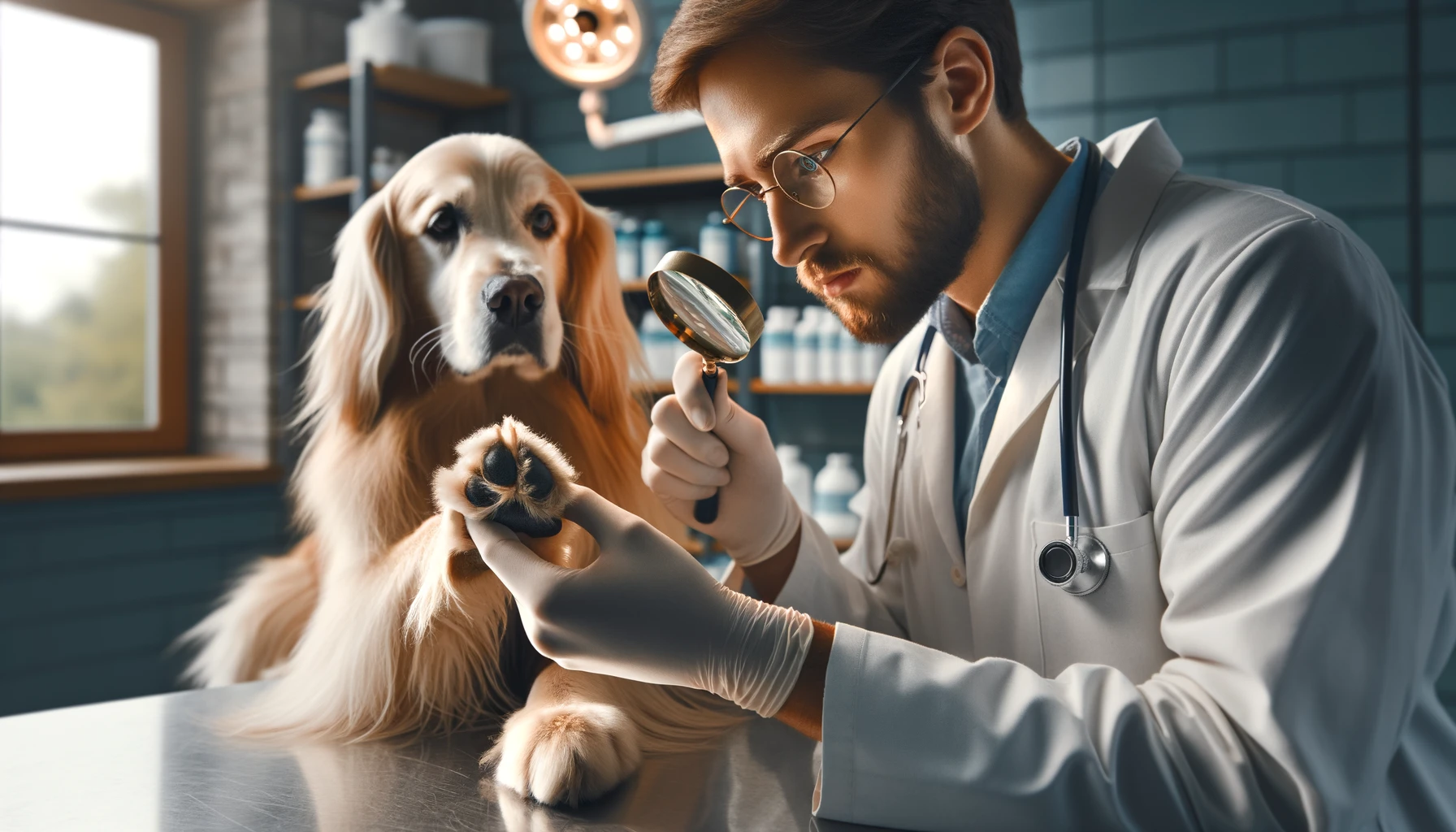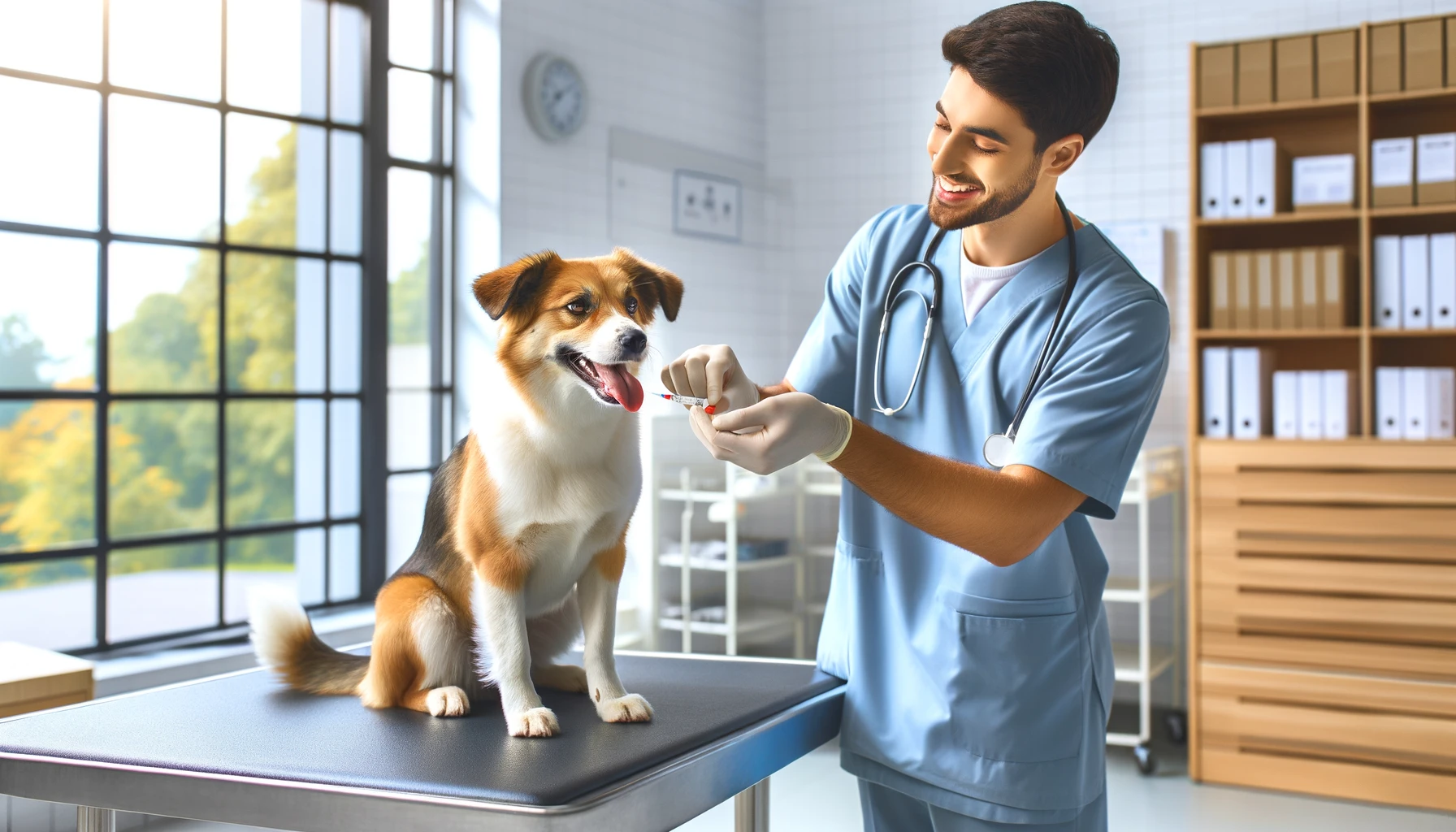Are you worried about your furry friend's health?
In this article, we'll address 15 common dog health concerns and provide you with practical solutions.
From obesity and dental issues to allergies and arthritis, we'll cover it all.
Discover how to tackle digestive disorders, anxiety, diabetes, and more.
Stay informed and proactive to ensure your dog's well-being.
Let's dive into these common health concerns and find the best solutions for your beloved canine companion.
Key Takeaways
- Weight management and regular exercise are important for preventing obesity and related health issues.
- Maintaining proper dental hygiene, including regular brushing and dental cleanings, is crucial for a dog's overall health.
- Allergies and skin problems can be caused by food allergies and flea and tick bites, so identifying and addressing these allergens is important.
- Digestive disorders such as diarrhea can be prevented by implementing a balanced diet, maintaining proper hygiene, and avoiding sudden dietary changes.
Obesity in Dogs
You can prevent obesity in your dog by monitoring their food intake and providing regular exercise. Preventing obesity is crucial for managing your dog's weight and overall health. Obesity in dogs is a common problem that can lead to various health issues, including diabetes, joint problems, and heart disease.
To prevent obesity, it's important to control the amount of food your dog consumes. Be mindful of portion sizes and avoid overfeeding. Use a measuring cup to ensure you're providing the appropriate amount of food based on your dog's size and activity level. Avoid free-feeding and limit treats to occasional rewards.
Regular exercise is also essential for managing weight and preventing obesity. Engage your dog in daily physical activities such as walks, playtime, and interactive games. Not only will exercise help burn calories, but it will also keep your dog mentally stimulated and happy.
In addition to monitoring food intake and providing exercise, it's important to consult with your veterinarian for guidance and advice on managing your dog's weight. They can provide a tailored diet plan and recommend specific exercises suitable for your dog's breed, age, and overall health.
Dental Health Issues
Maintaining proper oral hygiene is crucial for your dog's overall health and can help prevent dental health issues. Just like humans, dogs can suffer from dental problems such as gum disease. Here are four important things to know about dental health issues in dogs:
- Dental hygiene is essential: Regularly brushing your dog's teeth is the best way to maintain good dental hygiene. Use a dog toothbrush and toothpaste specifically designed for dogs. Aim for daily brushing, but if that's not possible, at least brush their teeth a few times a week.
- Signs of gum disease: Keep an eye out for signs of gum disease, such as bad breath, swollen or bleeding gums, loose teeth, or difficulty eating. If you notice any of these symptoms, take your dog to the vet for a dental examination.
- Professional dental cleanings: In addition to regular brushing, your dog may need professional dental cleanings. These cleanings are performed under anesthesia and involve removing tartar and plaque buildup from the teeth and below the gumline.
- Dental-friendly diet: Feeding your dog a dental-friendly diet can also help maintain their oral health. Look for specially formulated dog foods that promote dental hygiene by reducing tartar buildup.
Allergies and Skin Problems
If your dog is experiencing allergies and skin problems, there are two common culprits to consider: food-related allergies and flea and tick bites.
Food allergies can manifest as itchiness, redness, and skin irritation, while flea and tick bites can cause intense itching and even lead to skin infections.
Identifying and addressing the underlying cause of your dog's allergies and skin problems is crucial for their overall health and well-being.
Food-Related Allergies
Food-related allergies can cause skin problems in dogs. If your dog is experiencing skin issues, it could be a result of a food allergy. Here are four important things to know about food-related allergies and skin problems in dogs:
- Symptoms: Watch out for signs such as itching, redness, rashes, hives, and excessive licking or chewing of paws and body.
- Common allergens: Some common food allergens for dogs include beef, chicken, dairy, wheat, and soy. Identifying the specific allergen can help manage the condition.
- Dietary restrictions: Treating food allergies often involves eliminating the problematic ingredient from your dog's diet. Your veterinarian can help you create a suitable diet plan.
- Allergy testing: If you're unsure of the specific allergen, your vet may recommend allergy testing to identify the culprit and guide the treatment plan.
Flea and Tick Bites
To address flea and tick bites and the resulting allergies and skin problems in your dog, it's important to be proactive in prevention and treatment.
Preventing infestations is key to avoiding the discomfort and health issues caused by these pests. Regularly check your dog for fleas and ticks, especially after spending time outdoors. Use effective flea control products recommended by your veterinarian to keep these parasites at bay.
Treat your dog's environment as well, such as bedding and carpets, to prevent re-infestation. If your dog experiences allergies or skin problems due to flea or tick bites, consult your vet for appropriate treatment options.
Arthritis and Joint Pain
You may notice that your dog experiences frequent stiffness and difficulty moving due to arthritis and joint pain. Arthritis is a common condition in dogs, especially as they age. It can cause inflammation and pain in the joints, making it hard for your furry friend to run, jump, and play like they used to. Fortunately, there are ways to manage arthritis and help alleviate your dog's discomfort:
- Arthritis Management: Regular exercise is essential to maintain joint flexibility and muscle strength. However, it's important to choose low-impact activities that don't put excessive strain on your dog's joints. Swimming and gentle walks are great options. Additionally, maintaining a healthy weight through a balanced diet can help reduce stress on the joints.
- Joint Supplements: There are various joint supplements available that can support your dog's joint health. Glucosamine and chondroitin are commonly used to promote cartilage repair and reduce inflammation. Omega-3 fatty acids can also provide anti-inflammatory benefits.
- Pain Medications: In some cases, your veterinarian may prescribe pain medications to manage your dog's arthritis. Nonsteroidal anti-inflammatory drugs (NSAIDs) can help reduce pain and inflammation. However, it's important to follow your vet's instructions and monitor your dog for any potential side effects.
- Physical Therapy: Physical therapy can be beneficial for dogs with arthritis. Techniques such as massage, hydrotherapy, and therapeutic exercises can help improve joint function and relieve pain.
Digestive Disorders
When it comes to your dog's digestive health, there are a few common concerns to be aware of. Diarrhea can have various causes, from dietary indiscretion to infections, and it's important to address it promptly.
If your dog experiences an upset stomach, there are several remedies you can try to ease their discomfort. Additionally, implementing a balanced diet, maintaining proper hygiene, and avoiding table scraps can help prevent digestive problems in the first place.
Causes of Diarrhea
If your dog experiences diarrhea, it's important to identify the underlying causes so that you can provide the necessary treatment and support for their digestive health.
Here are four common causes of diarrhea in dogs and the corresponding treatments:
- Dietary changes: Sudden changes in your dog's diet can lead to digestive upset and diarrhea. Gradually introduce new foods and stick to a consistent diet to prevent gastrointestinal disturbances.
- Bacterial or viral infections: Infections caused by bacteria or viruses can result in diarrhea. Your veterinarian may prescribe antibiotics or antiviral medications to treat the underlying infection.
- Parasites: Parasites such as worms or giardia can cause diarrhea in dogs. Regular deworming and preventive measures can help keep your dog protected.
- Stress or anxiety: Dogs can experience digestive issues when they're stressed or anxious. Minimizing stress triggers and providing a calm environment can help alleviate diarrhea caused by emotional distress.
Treating Upset Stomachs
To effectively treat upset stomachs and digestive disorders in dogs, implementing dietary changes can be a beneficial first step. When a dog experiences nausea or diarrhea, it's important to identify the cause and address it accordingly.
One common cause of upset stomachs in dogs is dietary indiscretion, such as eating something they shouldn't or sudden changes in their food. To prevent upset stomachs, it's crucial to maintain a consistent and balanced diet for your furry friend. Avoid giving them table scraps or foods that are known to cause digestive issues.
Additionally, introducing a probiotic supplement can help restore the balance of good bacteria in their gut and alleviate gastrointestinal discomfort.
If the symptoms persist or worsen, it's recommended to consult a veterinarian for further evaluation and treatment.
Preventing Digestive Problems
Maintain a consistent and balanced diet for your dog to prevent digestive problems and disorders. By following these simple guidelines, you can help your furry friend avoid bloating and manage food sensitivities:
- Provide high-quality dog food: Choose a brand that's formulated for your dog's specific breed, age, and size. Look for ingredients that are easily digestible and avoid fillers or artificial additives.
- Feed in regular intervals: Stick to a consistent feeding schedule to help regulate your dog's digestion. Avoid sudden changes in their diet or feeding routine.
- Avoid table scraps: Human food can be hard for dogs to digest and may cause stomach upset. Stick to feeding them their own specially formulated food.
- Monitor their water intake: Make sure your dog has access to fresh water at all times. Proper hydration can aid in digestion and prevent constipation.
Ear Infections
You can prevent most ear infections in your dog by regularly cleaning their ears. Ear infections in dogs can be caused by various factors such as allergies, ear mites, foreign objects, or excessive moisture in the ears.
To prevent these infections, it's important to keep your dog's ears clean and dry. Gently wipe the outer part of the ear with a soft cloth or cotton ball, being careful not to insert anything into the ear canal.
If your dog is prone to ear infections, you may need to use a veterinarian-recommended ear cleaner to remove excess wax and debris. It's also crucial to check your dog's ears regularly for any signs of redness, swelling, discharge, or a foul odor.
If you notice any of these symptoms, it's important to seek veterinary care as soon as possible. Your vet will be able to properly diagnose and treat the ear infection, which may involve ear drops, oral medication, or both.
Regular cleaning and monitoring of your dog's ears can help prevent painful and uncomfortable ear infections.
Heartworm Disease
Protect your dog from heartworm disease by administering monthly preventative medication. Heartworm disease is a serious and potentially fatal condition that affects dogs. It's caused by the bite of an infected mosquito, which can transmit microscopic heartworm larvae to your dog. These larvae then grow into adult worms that live in the heart, lungs, and blood vessels of the infected dog.
To prevent heartworm disease and keep your furry friend healthy, here are four important things you should know:
- Prevention is key: Administering monthly heartworm preventative medication is the most effective way to protect your dog. These medications work by killing the larvae before they can mature into adult worms.
- Testing is necessary: Even if your dog is on preventative medication, it's important to have them tested for heartworms annually. This ensures early detection and timely treatment if needed.
- Treatment options: If your dog does test positive for heartworms, treatment options will depend on the severity of the infection. Treatment often involves a series of injections to kill the adult worms, along with strict rest and limited activity.
- Follow-up care: After treatment, your dog will require follow-up care to ensure complete recovery. This may include additional testing and continued use of preventative medication to prevent re-infection.
Eye Problems
Are you aware of the importance of preventing eye infections in your dog?
It's crucial to keep your dog's eyes clean and free from debris to reduce the risk of infections.
Additionally, dry eyes can be a common problem in dogs, and it's essential to provide the appropriate treatment to alleviate discomfort.
Lastly, there are various eye diseases that can affect dogs, such as cataracts and glaucoma, which require proper diagnosis and treatment by a veterinarian.
Preventing Dog Eye Infections
Preventing dog eye infections starts with maintaining good hygiene and regular check-ups. To ensure your dog's eye health, follow these steps:
- Keep the eye area clean: Gently wipe away any discharge or debris around your dog's eyes using a soft, damp cloth. This helps to prevent bacteria buildup.
- Avoid irritants: Keep your dog away from smoke, dust, and chemicals that can irritate their eyes and increase the risk of infection.
- Promote tear production: Adequate tear production helps to flush out potential pathogens. Ensure your dog stays hydrated and consider using artificial tears or other prescribed medications to manage tear production.
- Regular vet visits: Routine check-ups allow your vet to monitor your dog's eye health, identify any potential problems early on, and provide appropriate treatment if necessary.
Treating Dry Eyes
To effectively treat dry eyes in your dog, you need to address the underlying causes and provide proper care. Dry eyes, also known as keratoconjunctivitis sicca (KCS), occur when there's a lack of tear production or an increase in tear evaporation.
Common symptoms of dry eyes in dogs include redness, discharge, squinting, and frequent blinking. If you suspect that your dog has dry eyes, it's important to consult with a veterinarian for a proper diagnosis and treatment plan.
Treatment options for dry eyes may include artificial tears or ointments to provide lubrication, medications to stimulate tear production, and in severe cases, surgery. Additionally, it's important to manage any underlying conditions that may contribute to dry eyes, such as allergies or autoimmune disorders.
With proper treatment and care, you can help alleviate your dog's dry eye symptoms and improve their overall eye health.
Common Eye Diseases
If your dog experiences common eye diseases or eye problems, it's important to address them promptly for their overall eye health. Here are four common eye diseases that can affect dogs and how to deal with them:
- Conjunctivitis: This is an inflammation of the conjunctiva, the thin membrane that covers the eye. It can be caused by allergies, infections, or irritants. Keep your dog's eyes clean and consult a vet for proper treatment.
- Cataracts: These are cloudy areas that develop in the lens of the eye, leading to impaired vision. Surgery may be necessary to remove cataracts and restore your dog's vision.
- Glaucoma: This condition is characterized by increased pressure within the eye, which can cause pain and vision loss. Treatment options include medication or surgery to alleviate the pressure.
- Corneal Ulcers: These are open sores on the cornea, often caused by trauma or foreign objects. Prompt veterinary attention is needed to prevent infection and promote healing.
Respiratory Infections
You can protect your dog from respiratory infections by keeping them away from other dogs with contagious illnesses.
Respiratory infections in dogs can be caused by viruses, bacteria, or other pathogens. These infections can affect the nose, throat, windpipe, and lungs, leading to symptoms such as coughing, sneezing, nasal discharge, and difficulty breathing.
To prevent respiratory infections, make sure your dog is up to date on vaccinations, as some vaccines can protect against common respiratory pathogens. Avoid exposing your dog to crowded or poorly ventilated areas where the risk of transmission is higher.
If your dog does develop a respiratory infection, it's important to seek veterinary care. Treatment options for respiratory infections may include antibiotics to fight bacterial infections, antiviral medications for viral infections, and supportive care to alleviate symptoms. Your veterinarian may also recommend isolation to prevent the spread of the infection to other dogs.
Urinary Tract Issues
While respiratory infections can be a common concern for dogs, another important health issue to be aware of is urinary tract issues. These problems can arise in dogs of all ages and breeds, and if left untreated, can lead to discomfort and serious complications.
Here are four key things to know about urinary tract infections and bladder stones in dogs:
- Urinary Tract Infections (UTIs): Just like humans, dogs can develop UTIs. Symptoms may include frequent urination, blood in the urine, and accidents in the house. UTIs are usually caused by bacteria and can be treated with antibiotics prescribed by a veterinarian.
- Bladder Stones: These are hard mineral deposits that form in the bladder. Dogs with bladder stones may experience pain while urinating, blood in the urine, and frequent urination. Treatment options include medication, special diets, or surgical removal of the stones.
- Risk Factors: Certain factors can increase a dog's risk of developing urinary tract issues, such as age, gender (females are more prone to UTIs), and underlying health conditions like diabetes or kidney disease.
- Prevention: To help prevent urinary tract issues, make sure your dog has access to fresh water at all times, encourage frequent urination, maintain a balanced diet, and regularly monitor their urine for any changes.
If you notice any signs of urinary tract issues in your dog, it's important to consult with a veterinarian for proper diagnosis and treatment.
Parasites and Fleas
Parasite infestations, including fleas, can pose a significant health concern for your dog. It's important to take proactive measures for parasite prevention and flea treatment to keep your furry friend safe and healthy.
To prevent parasites, such as fleas, from infesting your dog, regular grooming is crucial. Regularly brush your dog's coat to check for any signs of fleas or ticks. Additionally, keep your dog's living environment clean by vacuuming regularly and washing their bedding frequently.
When it comes to flea treatment, there are several options available. One popular choice is topical treatments, which are applied directly to your dog's skin. These treatments typically provide long-lasting protection against fleas and other parasites.
Another option is oral medications, which can be given to your dog in the form of tablets or chews. These medications work from the inside out, killing fleas when they bite your dog.
It's important to consult with your veterinarian to determine the best parasite prevention and flea treatment plan for your dog. They'll be able to recommend the most effective and safe products for your dog's specific needs.
Cancer in Dogs
Now, let's talk about cancer in dogs.
It's important to know that there are preventive measures you can take to reduce the risk of your dog developing cancer.
Additionally, there are various treatment options available if your dog is diagnosed with cancer.
It's crucial to be aware of the signs of canine cancer so that you can seek veterinary care promptly if needed.
Preventive Measures for Cancer
To prevent cancer in your dog, it's important to implement regular preventive measures. Here are four key steps you can take to reduce the risk of cancer in your furry friend:
- Provide a balanced and nutritious diet: Feeding your dog a high-quality diet can help strengthen their immune system and reduce the risk of developing cancer.
- Regular exercise: Regular physical activity not only helps maintain a healthy weight but also promotes overall well-being, which can help prevent cancer.
- Avoid exposure to harmful substances: Limit your dog's exposure to toxins, such as cigarette smoke, pesticides, and certain cleaning products, as these can increase the risk of cancer.
- Regular veterinary check-ups: Routine check-ups allow for early detection of any potential health issues, including cancer. Your vet can perform screenings and recommend further tests if necessary.
Treatment Options Available
One effective treatment option for managing cancer in dogs is undergoing chemotherapy. This involves the use of powerful drugs to target and destroy cancer cells in the body. While chemotherapy is often associated with side effects such as nausea and hair loss, it can be a crucial tool in fighting cancer and extending a dog's life.
In addition to chemotherapy, there are other treatment options available for dogs with cancer. These include surgery to remove tumors, radiation therapy to target and kill cancer cells, and immunotherapy to stimulate the immune system to fight cancer. Furthermore, alternative therapies such as acupuncture, herbal medicine, and dietary changes may also be considered as part of a holistic approach to treating cancer in dogs.
It's important to consult with a veterinarian to determine the most suitable treatment options for your dog's specific type and stage of cancer.
Signs of Canine Cancer
If your dog is experiencing unexplained weight loss, it may be a sign of canine cancer. Early detection is crucial in increasing the chances of successful treatment. Here are four signs of canine cancer that you should be aware of:
- Lumps or bumps: Check your dog regularly for any unusual growths or masses on their body. These can be a sign of malignant tumors.
- Changes in appetite: If your dog suddenly loses interest in food or experiences a significant decrease in appetite, it could be a symptom of cancer.
- Lethargy: A noticeable decrease in energy levels and overall activity could indicate an underlying health issue, including cancer.
- Difficulty breathing: Cancerous tumors can sometimes obstruct the airways, causing difficulty in breathing or persistent coughing.
To prevent canine cancer, make sure your dog receives regular veterinary check-ups, maintains a healthy diet, and follows a suitable exercise routine. Additionally, early detection techniques such as routine screenings and awareness of the signs discussed above can help catch cancer in its early stages, leading to better outcomes for your furry friend.
Anxiety and Behavioral Problems
Are you struggling with your dog's anxiety and behavioral problems? Dog separation anxiety and aggressive behavior can be common issues that many dog owners face.
Separation anxiety occurs when your dog becomes distressed and anxious when you're away from them. This can lead to destructive behavior, excessive barking, and even self-harm. To help alleviate separation anxiety, it's important to gradually build up your dog's tolerance to being alone. Start by leaving them alone for short periods of time and gradually increase the duration as they become more comfortable. Additionally, providing them with interactive toys or puzzles can help keep them occupied and reduce their anxiety.
Aggressive behavior, on the other hand, can manifest in various ways such as growling, biting, or lunging towards people or other animals. It's crucial to address aggressive behavior promptly to prevent any harm or injury. Seeking professional help from a certified dog trainer or behaviorist is highly recommended for aggressive behavior training. They can assess the underlying causes of aggression and provide you with effective techniques to manage and modify your dog's behavior.
Diabetes in Dogs
If your dog is exhibiting symptoms such as increased thirst, frequent urination, and weight loss, they may be suffering from diabetes. Diabetes in dogs is a chronic condition that affects their ability to regulate blood sugar levels. It's important to understand the symptoms and seek veterinary care for proper diagnosis and treatment.
To effectively manage diabetes in dogs, here are four important considerations:
- Diet: A balanced diet is crucial for diabetic dogs. Feeding them consistent meals with a low glycemic index can help control blood sugar levels. Your veterinarian can recommend the appropriate diet for your dog's specific needs.
- Exercise: Regular exercise plays a key role in managing diabetes in dogs. It helps maintain a healthy weight and improve insulin sensitivity. Consult with your veterinarian to determine the right amount and type of exercise for your dog.
- Insulin Therapy: Insulin injections are often necessary to regulate blood sugar levels in diabetic dogs. Your veterinarian will prescribe the appropriate insulin dosage and teach you how to administer it properly.
- Monitoring: Regular monitoring of blood sugar levels is essential for effective diabetes management. Your veterinarian may recommend at-home monitoring using a glucometer or periodic visits for blood tests.
Vaccinations and Preventive Care
To ensure the overall health and well-being of your dog, it's important to stay up to date on vaccinations and preventive care. Vaccinations play a crucial role in protecting your furry friend against various diseases and infections. Following a vaccine schedule recommended by your veterinarian is essential to ensure your dog receives the necessary immunizations at the right time.
Vaccines help stimulate the immune system to produce antibodies that fight off specific diseases, such as rabies, distemper, and parvovirus. Regular preventive care, including routine check-ups, dental care, and parasite prevention, is equally important for maintaining your dog's health.
Preventive care allows veterinarians to detect any potential health issues early on and take necessary steps to prevent them from worsening. It also helps keep your dog's teeth clean, prevents the spread of parasites, and ensures overall well-being.
Frequently Asked Questions
How Can I Help My Dog Lose Weight and Maintain a Healthy Weight?
To help your dog lose weight and maintain a healthy weight, follow these tips: reduce portion sizes, increase exercise, limit treats, and consult with your vet for a tailored plan.
What Are Some Common Causes of Dental Health Issues in Dogs?
To prevent dental health issues in dogs, brush their teeth regularly and provide dental chews. Avoid feeding them sticky or sugary foods, as they can cause plaque buildup. Regular dental cleanings by a veterinarian are also important preventive measures.
Are There Any Home Remedies or Natural Remedies for Managing Allergies and Skin Problems in Dogs?
You can try some home remedies for managing allergies and skin problems in dogs. Natural remedies like oatmeal baths, coconut oil, and chamomile tea can help soothe their skin and reduce itching.
How Can I Alleviate Joint Pain and Arthritis Symptoms in My Dog?
To alleviate joint pain and manage arthritis symptoms in your dog, there are several options. You can try giving them joint supplements, adjusting their diet, providing regular exercise, and considering medication prescribed by a veterinarian.
What Are Some Common Signs and Symptoms of Digestive Disorders in Dogs?
If your dog is experiencing digestive disorders, look out for signs like vomiting, diarrhea, or loss of appetite. Causes vary, but treatment may include dietary changes, medication, or probiotics. Preventive measures include proper nutrition and regular vet check-ups.
Conclusion
In conclusion, it's important for dog owners to be aware of common health concerns that can affect their furry friends. By addressing issues such as:
- Obesity
- Dental health
- Allergies
- Arthritis
- Digestive disorders
- Cancer
- Anxiety
- Diabetes
we can help ensure our dogs lead happy and healthy lives.
Regular veterinary check-ups, proper nutrition, exercise, and preventive care, including vaccinations, are key in maintaining their overall well-being.
Remember to consult with your veterinarian for any specific concerns or advice regarding your dog's health.
